Unlocking the Value of Your Jewels: A Guide to Jewellery Valuation Costs
Related Articles: Unlocking the Value of Your Jewels: A Guide to Jewellery Valuation Costs
Introduction
With enthusiasm, let’s navigate through the intriguing topic related to Unlocking the Value of Your Jewels: A Guide to Jewellery Valuation Costs. Let’s weave interesting information and offer fresh perspectives to the readers.
Table of Content
Unlocking the Value of Your Jewels: A Guide to Jewellery Valuation Costs
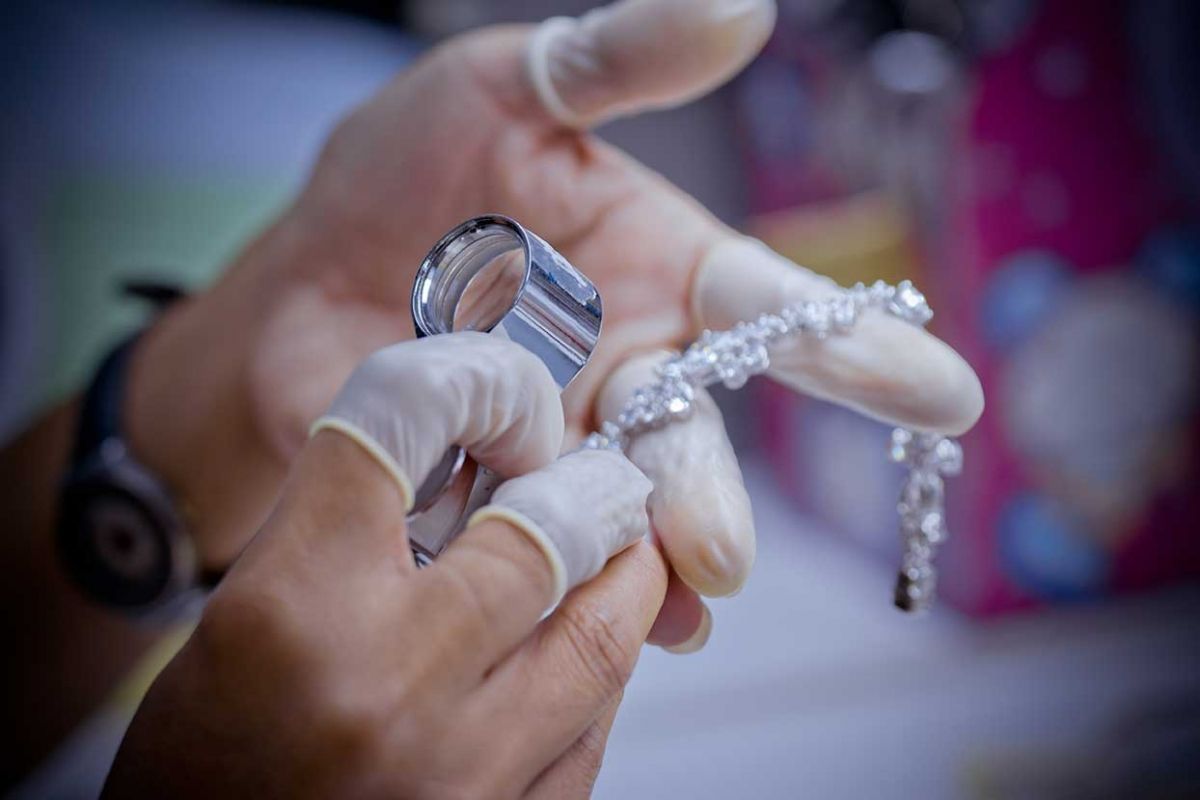
Owning jewellery is a cherished experience, often representing sentimental value, familial history, or simply a reflection of personal style. However, understanding the true worth of these pieces can be crucial for various reasons, including insurance purposes, estate planning, or even simply satisfying curiosity. Determining the value of your jewellery necessitates a professional appraisal, and the cost of this service can vary considerably. This comprehensive guide explores the factors influencing jewellery valuation costs, provides insights into the different valuation methods, and equips you with the knowledge to navigate this process effectively.
Factors Determining Jewellery Valuation Costs
The cost of a jewellery appraisal is influenced by a multitude of factors, each contributing to the complexity and time required for the evaluation. These factors include:
- Type of Jewellery: The intrinsic value of the jewellery plays a significant role. Precious metals like gold, silver, or platinum, along with gemstones like diamonds, rubies, sapphires, and emeralds, naturally command higher appraisal fees due to their inherent value and the expertise required to assess them.
- Complexity of the Piece: Intricate designs, intricate settings, or the presence of multiple gemstones can increase the time and effort needed for a thorough evaluation, leading to higher costs.
- Number of Items: Appraising multiple pieces of jewellery simultaneously often results in discounted rates per item compared to individual appraisals.
- Location: Geographic location can influence appraisal fees. Metropolitan areas with a higher concentration of qualified appraisers may have higher costs compared to smaller towns.
- Appraiser’s Expertise: The experience, qualifications, and reputation of the appraiser directly impact the cost. Certified gemologists and appraisers with specialized knowledge in specific areas of jewellery often charge higher fees.
- Purpose of the Appraisal: The intended use of the appraisal can affect the scope and detail required, influencing the cost. For insurance purposes, a detailed appraisal with photographs and descriptions is typically needed, while a general valuation for estate planning might require less comprehensive documentation.
Understanding Different Valuation Methods
Jewellery appraisals employ various methods to determine value, each with its own level of complexity and cost implications:
- Retail Replacement Value: This method focuses on the cost of replacing the jewellery with a similar piece at current market prices, factoring in materials, craftsmanship, and retail markup. It is often used for insurance purposes.
- Fair Market Value: This method considers the value of the jewellery if it were to be sold on the open market, taking into account factors like condition, rarity, and demand. It is commonly used for estate planning and inheritance purposes.
- Liquidation Value: This method determines the value the jewellery would fetch if sold quickly, often at a discounted price compared to fair market value. It is typically used for estate sales or quick liquidations.
Navigating the Appraisal Process: Tips for Cost-Effectiveness
While obtaining a professional appraisal is crucial, several strategies can help you manage costs effectively:
- Research and Compare: Contact multiple appraisers to compare their fees and services. Look for certified gemologists and appraisers specializing in the type of jewellery you need appraised.
- Gather Relevant Information: Before your appointment, gather as much information as possible about your jewellery, including any available documentation, purchase receipts, or previous appraisals. This can streamline the appraisal process and potentially reduce costs.
- Consider the Purpose: Define the intended use of the appraisal to determine the level of detail and documentation required. This can help you avoid unnecessary costs associated with overly comprehensive appraisals.
- Ask for a Detailed Estimate: Before proceeding with the appraisal, request a detailed estimate of the cost, including any additional fees for photographs, reports, or expedited services.
- Explore Online Resources: While a professional appraisal is recommended for significant pieces, online tools can offer preliminary estimates for general valuation purposes. Websites like Blue Nile or Gemvara can provide estimated values for specific items based on their characteristics.
FAQs: Addressing Common Concerns About Jewellery Valuation Costs
Q: Is it necessary to have my jewellery appraised?
A: While not always mandatory, professional appraisals are highly recommended for several reasons:
- Insurance Coverage: A recent appraisal ensures adequate insurance coverage in case of loss or damage.
- Estate Planning: Accurate valuations are essential for fair division of assets during inheritance.
- Selling or Gifting: Knowing the true worth of your jewellery provides valuable insight for selling or gifting purposes.
Q: How often should I have my jewellery appraised?
A: The frequency of appraisals depends on the type of jewellery, its value, and the intended use. For insurance purposes, appraisals are generally recommended every 3-5 years to reflect market fluctuations and potential changes in the value of the piece.
Q: What if I have a family heirloom?
A: Appraising family heirlooms can be especially important, as they often carry sentimental value and potential historical significance. A qualified appraiser can assess the piece’s authenticity, condition, and historical context, providing valuable insight into its heritage.
Q: Are there any free or low-cost appraisal options?
A: While professional appraisals are typically charged, some options offer more affordable valuations:
- Local Jewellery Stores: Some jewellery retailers offer free or discounted appraisals for items they may potentially purchase.
- Online Valuation Tools: While not a replacement for professional appraisals, online tools can provide preliminary estimates based on specific details.
Conclusion: Empowering Yourself with Knowledge
Understanding the factors influencing jewellery valuation costs and navigating the appraisal process effectively empowers you to make informed decisions regarding your valuable possessions. By researching, comparing options, and seeking qualified professionals, you can ensure that your jewellery is accurately valued and protected for its intrinsic worth and sentimental significance. Remember, an informed approach to jewellery appraisal not only safeguards your assets but also provides peace of mind knowing that your treasured pieces are valued appropriately.



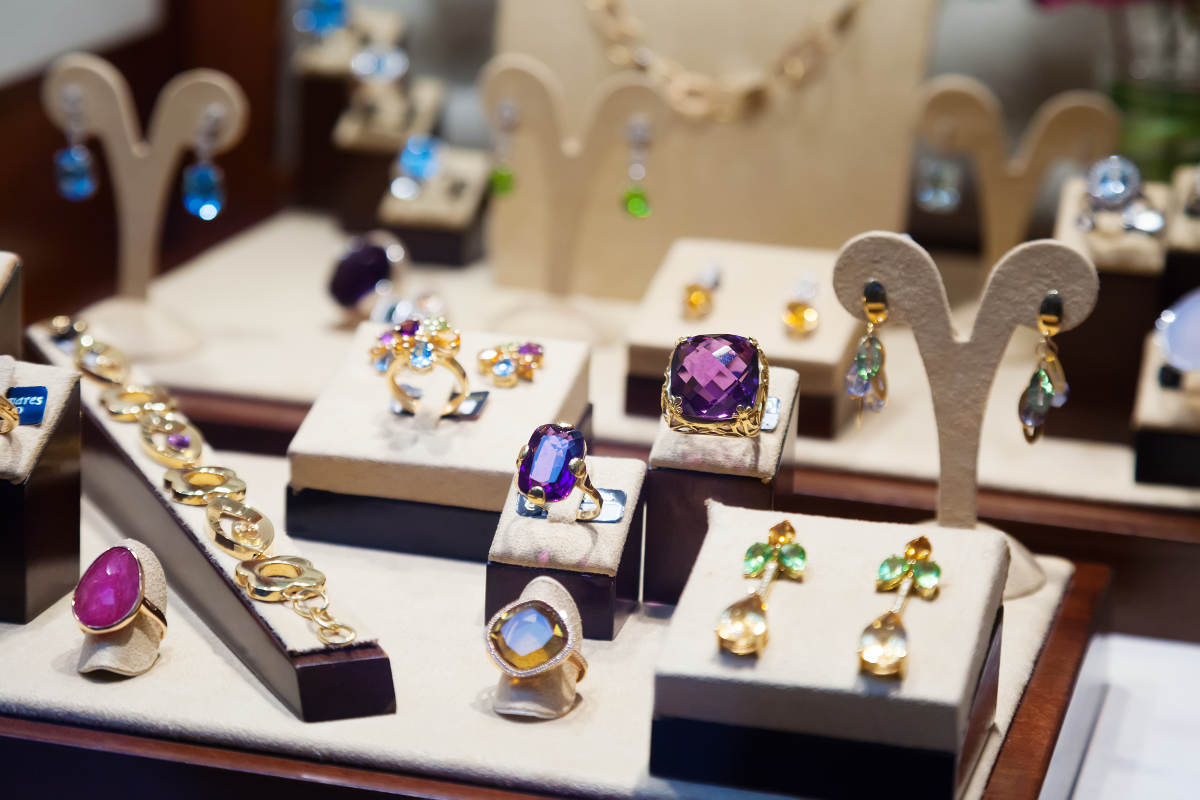
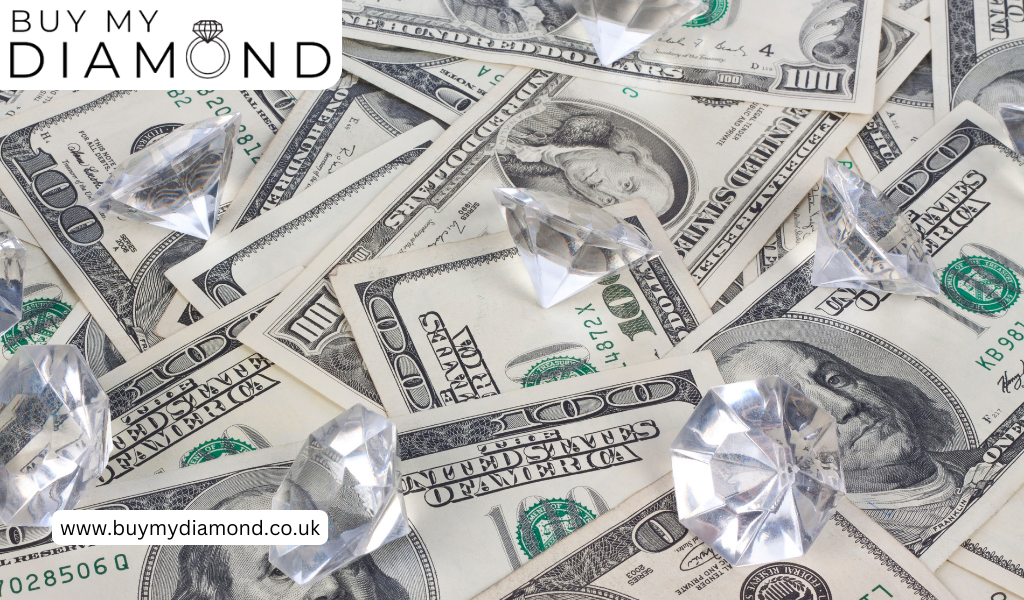
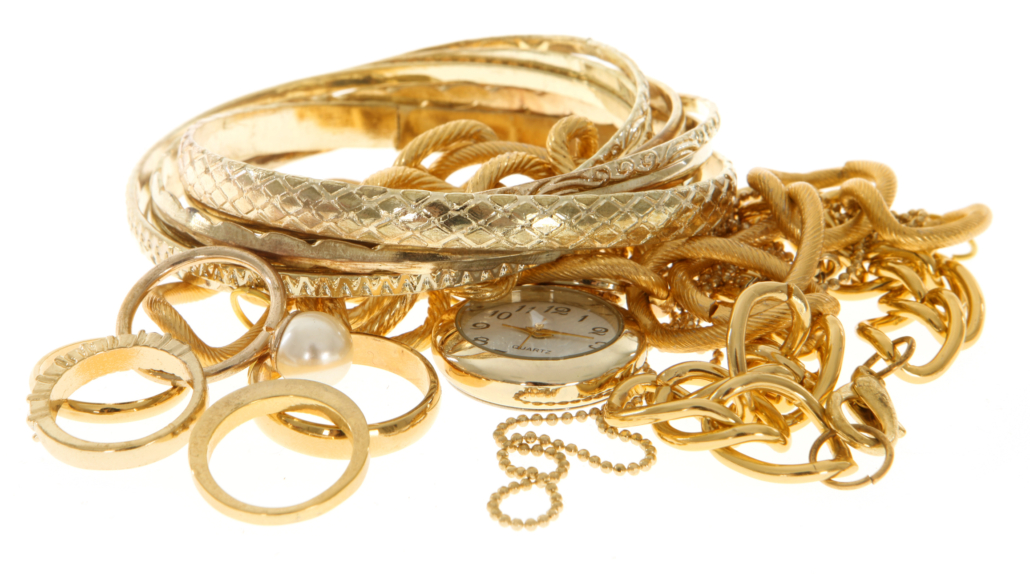
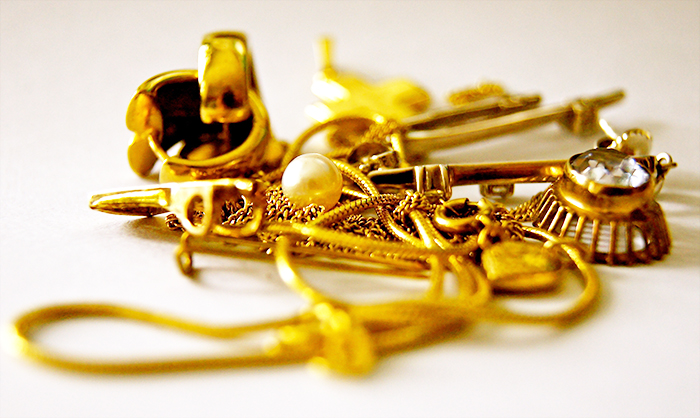
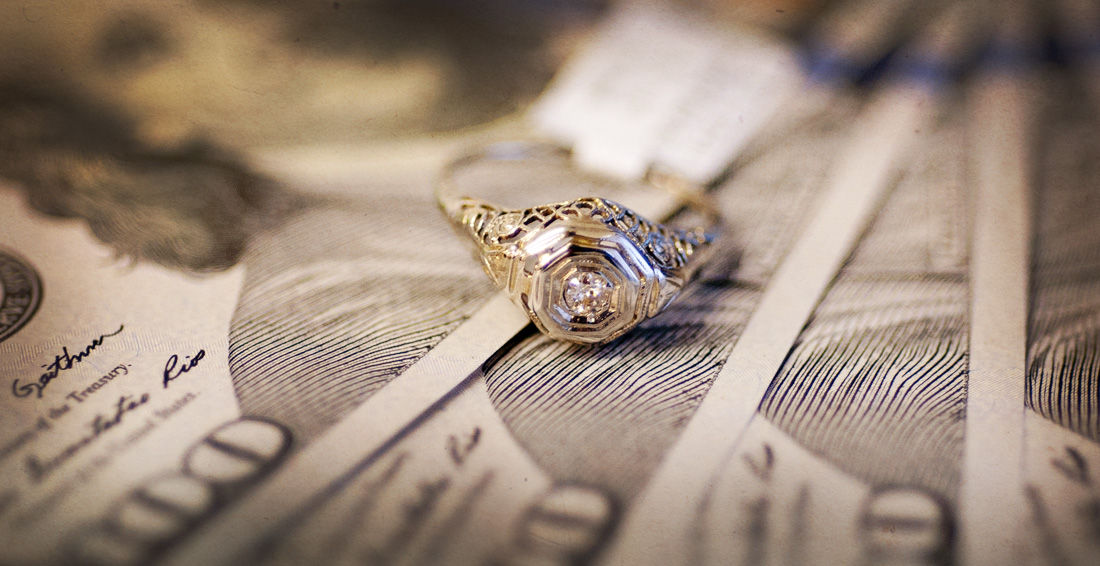
Closure
Thus, we hope this article has provided valuable insights into Unlocking the Value of Your Jewels: A Guide to Jewellery Valuation Costs. We hope you find this article informative and beneficial. See you in our next article!